Gallery
Photos from events, contest for the best costume, videos from master classes.
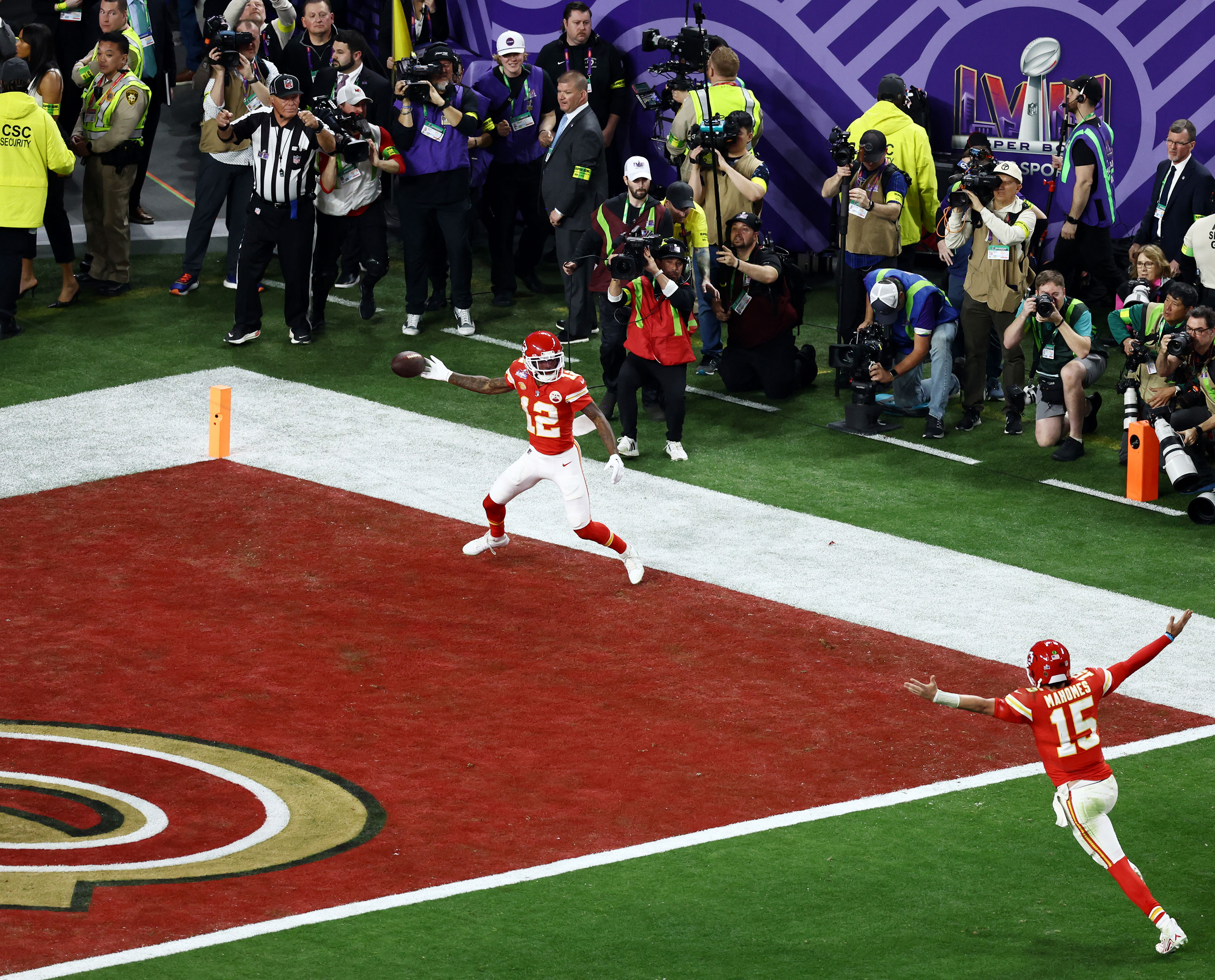 |  |
 |  |
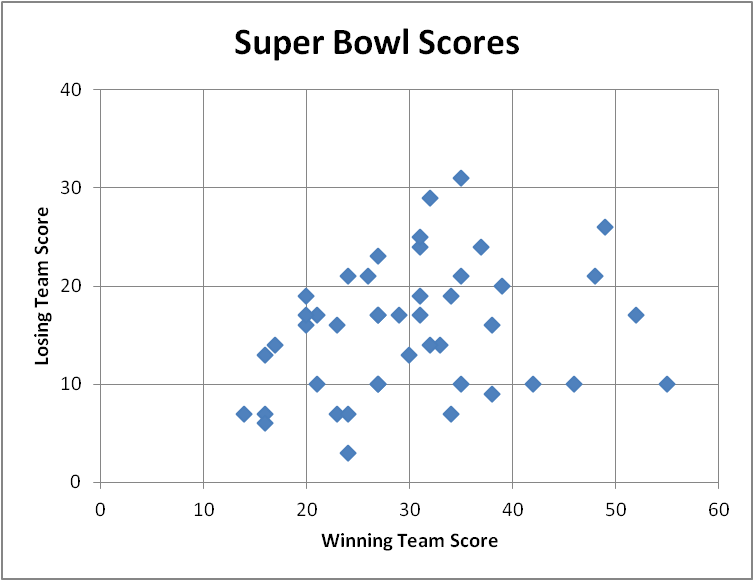 | 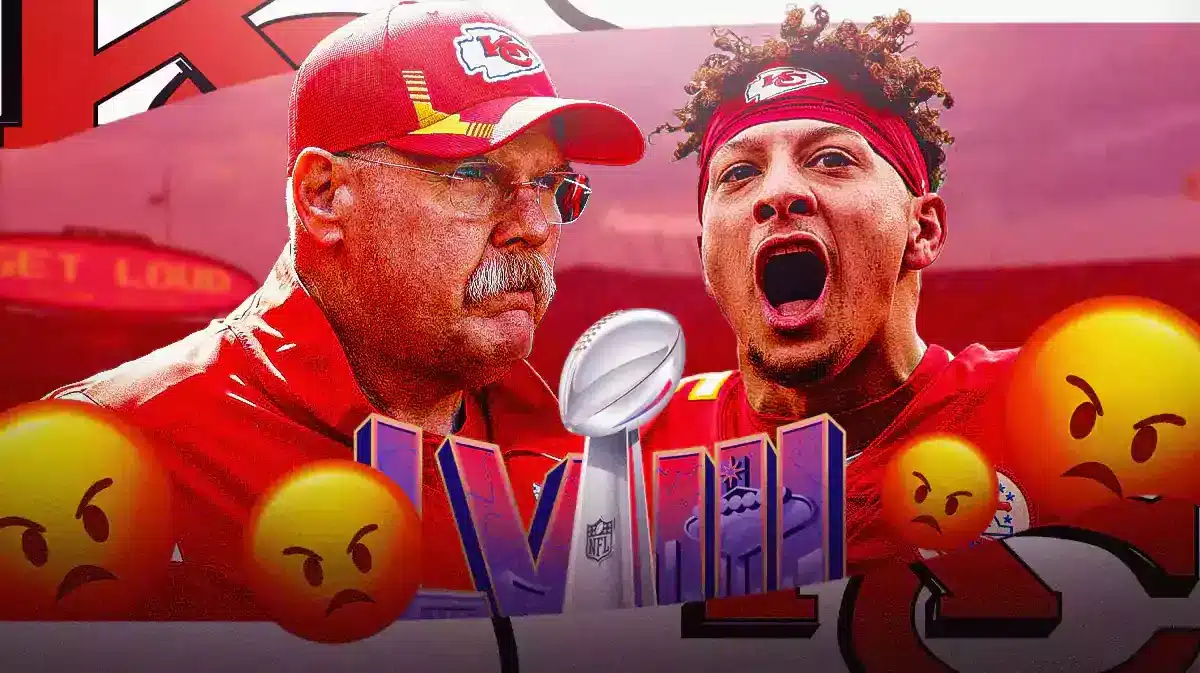 |
 |  |
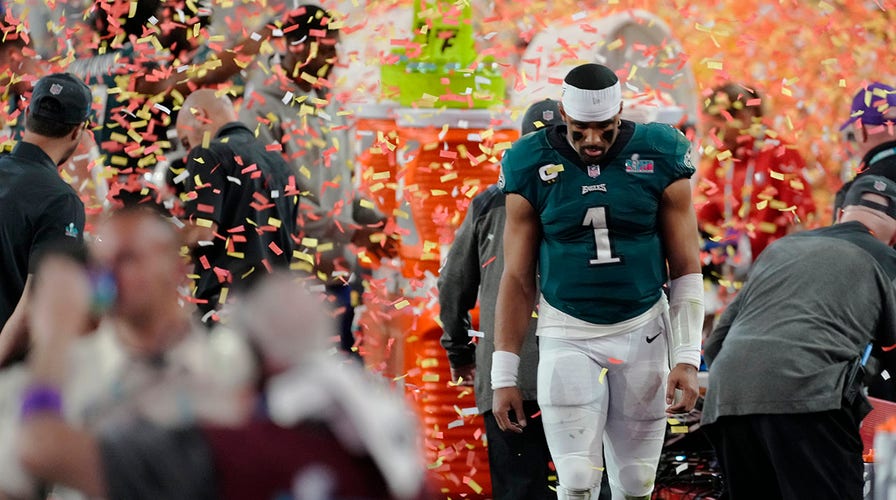 |  |
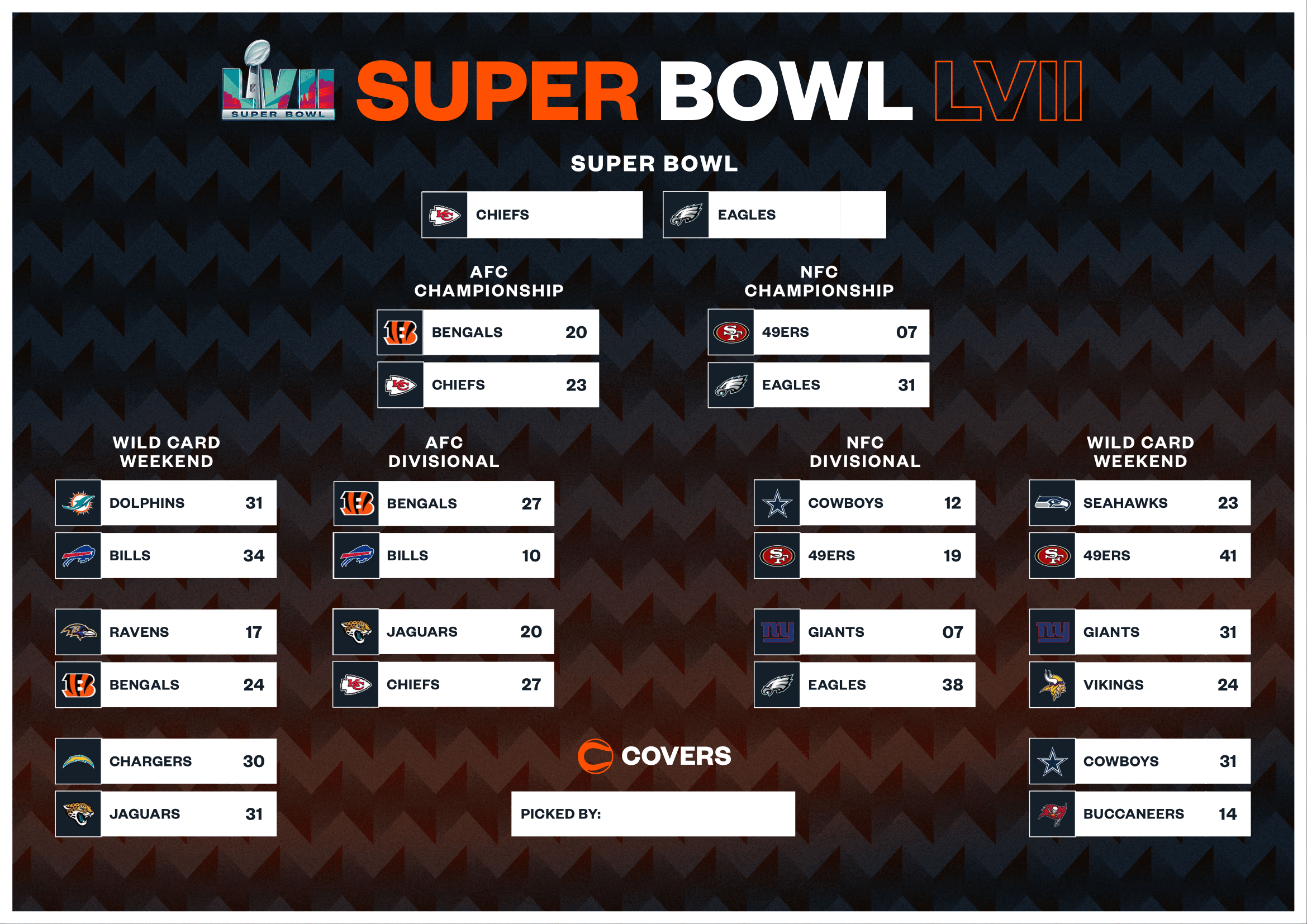 |  |
Super Bowl championships Game Date/ Season Winning team Score Losing team Venue City Attendance Referee Ref. I [sb 1]January 15, 1967 (1966 AFL/1966 NFL) : Green Bay Packers n (1, 1–0) Super Bowl History View a comprehensive list of every single NFL Super Bowl champion from 1967 to present on ESPN. Includes the finals opponent, site of the game and the final result. The Super Bowl — the NFL's championship game — pits the winner of the American Football Conference against the winner of the National Football Conference, with the victor receiving the Vince The Packers would also win Super Bowl II, and in 1970, the NFL would rename the “World Professional Football Championship Trophy” to the Vince Lombardi Trophy. The Super Bowl locations, dates, losing teams, and final scores are also included (1967-2024). Super Bowl History of each of the Super Bowl winning and losing teams throughout NFL professional List of NFL Super Bowl Champions Results by year! Teams Scores Winners and Losers of all the Super Bowls! Final Score Results of all Super Bowl Games! Each winning team's Super Bowl rings, as of the 2010 season, on display in lead up to Super Bowl XLV. The Super Bowl is the annual league championship game of the National Football League (NFL) of the United States. The Eagles won their only Super Bowl in the 2017 season and Nick Foles, the QB in that game against New England, was the honorary captain. The Eagles cut to other stars from that game in attendance on the big screen and now — two years after Eagles lost to the Chiefs in the Super Bowl — the franchise has a chance at winning their second one. 1967: Green Bay Packers 35, Kansas City Chiefs 10 1968: Green Bay Packers 33, Oakland Raiders 14 1969: New York Jets 16, Baltimore Colts 7 Why: Another Super Bowl rematch and another wash-and-repeat win for the Chiefs, as Patrick Mahomes leads them down the field to set up another game-winning chip shot by Harrison Butker -- but this He will hit Worthy for the game-winning score in the final minutes to pull off the three-peat, becoming the first team in the Super Bowl era to win three straight Super Bowls. Super Bowl MVP predictions in Super Bowl LIX. I don't think there's any question about the order in which you would assume Super Bowl MVP for this game is going to be decided: Patrick Mahomes, QB, Chiefs; Saquon Barkley, RB, Eagles; Jalen Hurts, QB, Eagles; It would take a herculean effort by anybody else in this game to be awarded Super Bowl MVP. The Kansas City Chiefs will have a chance to make history as the first franchise to win three Super Bowls in a row, but the Philadelphia Eagles are standing in their way at the 2025 Super Bowl in More than 60 experts picked the winner of Eagles-Chiefs, including the final score of the game and who they think will win Super Bowl MVP. We projected the Super Bowl LIX box score. 1d Ben Solak. The scoring was pretty normal for an NFL game, with all the winning numbers being more common. More field goals means more multiples of three and 10 in the box score. Super Bowl LV (2021 USA TODAY's NFL staff picks all agree that Super Bowl 59 will go down to the wire, but they're evenly split as far as who will win. Here are their score predictions: Jacob Camenker: Chiefs 23 In the tightest Super Bowl spread in years, the Eagles are live underdogs at +1.5. Philadelphia actually matches up quite well with Kansas City and will be highly motivated to avenge their narrow Super Bowl 57 loss to the Chiefs. The Eagles are 8-2 in one-score games this season and have shown the ability to win close contests. How to watch the 2025 Super Bowl. The Super Bowl will be broadcast on Fox this season, as it was the last time these teams faced off, in Super Bowl 57. Date: Sunday, Feb. 9; Time: 6:30 p.m. ET; TV 2024 Super Bowl, Chiefs vs. 49ers score: Patrick Mahomes leads OT comeback as K.C. wins back-to-back titles Call it a dynasty; the Chiefs are the first team to win consecutive Super Bowls since
Articles and news, personal stories, interviews with experts.
Photos from events, contest for the best costume, videos from master classes.
 |  |
 |  |
 |  |
 |  |
 |  |
 |  |